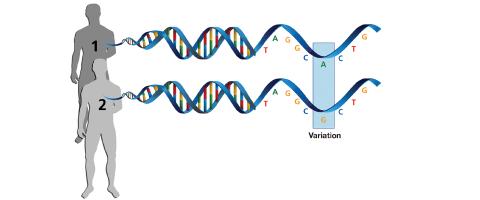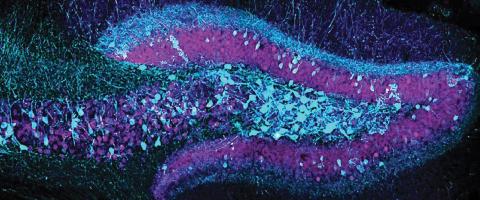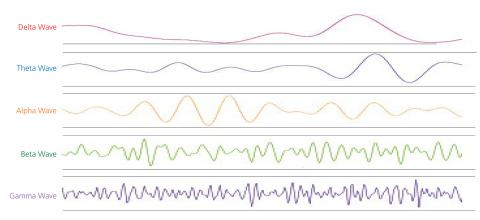
Starting with problems faced by psychiatric patients, Dr. Akira Sawa and colleagues conduct research in the lab that seeks to bring solutions back to the clinic—a process known as “reverse translation.”
Read More
Dr. Scott Russo and colleagues are demonstrating how stress can cause pro-inflammatory immune cells that are manufactured outside the brain—in the body’s “periphery”—to invade the brain and adversely impact behavior
Read More
Dr. Sarah Sperry’s finding of considerable “mood instability” between major episodes of depression and mania/hypomania in bipolar disorder could lead to care approaches that may improve patients’ Lives.
Read More
Dr. Sandra Sanchez-Roige explains how large-scale studies of genome variations have identified risk locations for substance use disorders. She also discusses the importance of converting these signals from the genome into biological understanding of mechanisms and vulnerabilities which may
Read More
Dr. Sarah Lisanby has been deeply involved in developing and improving the safety of life-saving neuromodulatory treatments including electroconvulsive therapy (ECT) and magnetic seizure therapy (MST) for severe psychiatric illness.
Read More
A stem cell-based technology provides a unique window on illnesses such as autism and schizophrenia.
Read More
Dr. Dawn Velligan discusses ways in which she helps schizophrenia patients handle symptoms that are not resolved by medications.
Read More
Dr. Steve Ramirez is revealing where memories “live” in the brain, and explores how traumatic memories might be therapeutically modified.
Read More
Dr. Mark S. George, a pioneer in the field, explains how TMS and related non-invasive brain stimulation technologies are changing the face of psychiatry.
Read More
Dr. Vikaas Sohal and colleagues have used advanced technologies to discover biological processes that are likely involved in causing cognitive dysfunction in schizophrenia. The road to bold new treatments is being paved with this new knowledge.
Read More

